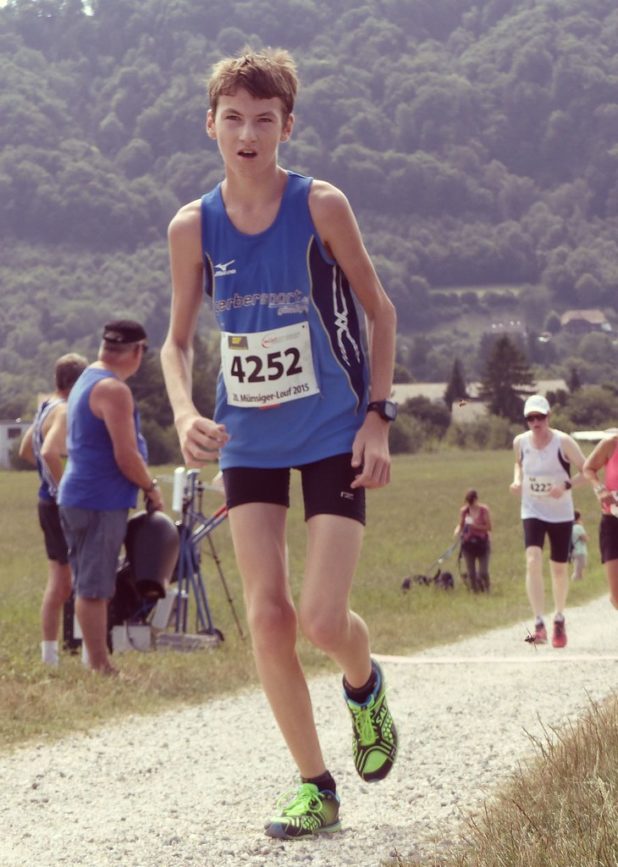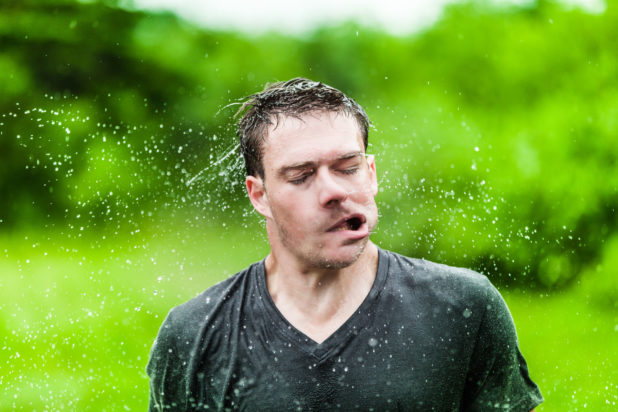Pomidor Quixote
Daily Stormer
November 30, 2019
Jennifer J. Heisz
Jennifer J. Heisz, who is an Associate Professor in Kinesiology and Associate Director (Seniors) of the Physical Activity Centre of Excellence at McMaster University, wrote an article presenting the results of her latest research about the effects that exercise has on the brain.
For the first time in human history, older people outnumber younger people. This has created unique health challenges. Dementia may be one of the scariest — a debilitating condition that erases memories; a condition without a cure.
But dementia does not have to be your fate. Exercise protects our memories from being erased and our latest research shows that it is never too late to start.
As an associate professor in the department of kinesiology at McMaster University, I direct a team of researchers in the NeuroFit Lab, where we’ve shown that physical inactivity contributes to dementia risk as much as genetics.
Our latest research suggests that the intensity of the exercise matters. We enrolled sedentary seniors in a new exercise program and in just 12 weeks their memories improved. But this only happened for those who walked at a higher intensity, and their memory gains were directly related to their improvements in physical fitness.
Keep in mind that the intensity was determined by the seniors’ fitness levels, which means that independently of the type of exercise you do, if you are breaking a sweat and exerting yourself, you are getting the benefits — even if it’s “just” by walking.
Here is what we found: 21 per cent of the people with a genetic risk developed dementia and physical activity had no effect on this group. In contrast, for people without a genetic risk, those who were active had a significantly lower risk of developing dementia than those who were inactive.
Critically, those who were inactive were at a similar risk to those who were genetically predisposed for dementia, suggesting that physical inactivity can negate a healthy set of genes. You can’t change your genes but you can change your lifestyle!
Your body is the result of everyone in your bloodline fighting to live and pass on their genes. Appreciate their gift and take care of yourself, let them see that there was purpose in their sacrifices and that their effort was rewarded.
Let them see you and feel pride.
It turns out that exercise does something that helps the brain regenerate itself: it grows new neurons in the hippocampus, and this improves memory.
…
We have shown that neurogenesis-dependent memory improves with exercise in both young and older adults.
…
The seniors participated in three sessions per week. Some performed high-intensity interval training (HIIT) or moderate-intensity continuous training (MICT) while a separate control group engaged in stretching only.
The HIIT protocol included four sets of high-intensity exercise on a treadmill for four minutes, followed by a recovery period. The MICT protocol included one set of moderate-intensity aerobic exercise for nearly 50 minutes. All exercises were tailored to the seniors’ current fitness levels.
Only seniors in the HIIT group had substantial improvements in neurogenesis-dependent memory. There was no improvement in the MICT or control groups.
The results are promising because they suggest it’s never too late to get the brain health benefits of being physically active, but if you are starting late and want to see results fast, our research suggests you may need to increase the intensity of your exercise.
You can do this by including hills into your daily walk and picking up the pace between light posts. This will help keep dementia at bay to keep the ever-growing number of seniors healthier longer.
The group that spent 50 minutes doing moderate-intensity aerobic exercise had no improvement at all.
Pointless and damaging waste of time.
Small, quick sets of high intensity exercise are time-efficient ways to improve your health and prevent disease. Subjective intensity is what matters, so whatever exercise you choose to do, aim for breaking a sweat.
 Daily Stormer The Most Censored Publication in History
Daily Stormer The Most Censored Publication in History






